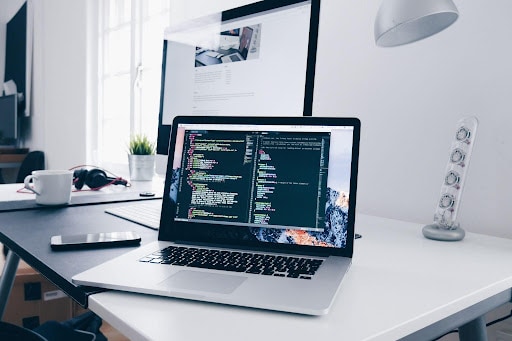
Ask yourself why any average person would need a Smartproxy? Why use residential proxies? Let me answer you.
NSO Group is an Israeli private intelligence technology firm that created a contact-tracing system dubbed Fleming. Fleming is designed to permit governments to track the spread of the coronavirus.
NSO Group recruited epidemiologists (epidemiologists search for the cause of disease, identify people at risk and establish a way to control or stop the spread) and public health experts to work with the company’s engineers to develop Fleming.
According to NSO, Fleming helps officials to design strategies and boost economies in regions where coronavirus no longer poses a serious health threat. Government officials can make informed decisions backed by data to stop the spread of the virus.
In May 2020, Bob Diachenko, a private security researcher, discovered a vulnerable database belonging to NSO. The login page for Fleming was password-protected, unlike Fleming’s back-end database, which was unprotected.
Forensic Architecture, an academic unit at the University of London, received a sample of the uncovered database. Researchers at Forensic Architecture concluded that this contact-tracing system used real phone location data on thousands of unsuspecting people when first demonstrated to governments and journalists.
The information received contained data points of mobile phones, within a six-week period. Each data point provided information about time intervals at which an individual was spotted at a location. Some of the data points marked start and end times or last seen stamps.
If NSO used actual data, then the NSO violated the privacy of these individuals. Genuine location data that is unprotected is a severe violation of the data protection laws.
In this circumstance, the individuals are in Rwanda, the UAE, and Bahrain. We always look at stories like this, and we don’t think much about it, but it is essential to note that your cell phone is an excellent way for some unsavory characters to trace your location or spy on your private information.
All devices have an IP address, whether it’s a cell phone, laptop, or tablet. The IP address is what anybody could use to identify you online.
Someone Could Use Your IP Address To See Your Location
Tracing your location through the Global Positioning System or GPS on your phone may appear harmless, but hackers can use these details to find out where you live, where you ate lunch, where you work, or even your shopping habits.
If you post that you are going on vacation, and someone finds out where you live, they could rob you.
Someone Could Use Your IP Address To Hack Your Device
If a hacker acquires your IP address, they could connect to your device directly. If they succeed, they can control your device, steal your information and even impersonate you. Worse still, you could be added to a botnet where your IP is used for scams, targeted advertising, or identity theft.
Someone Could Imitate You With Your IP Address
Someone could steal your identity in a few hours. Your ISP (Internet Service Provider) could reveal your IP address to someone. Call center operators are human, and any person with your name could contact them and get more information about you.
Someone Could DDoS Attack You
If a hacker decides to use your IP address, they could launch a DDoS attack on you. A Distributed Denial of Service attack uses a militia of computers to inundate your device with traffic so that it disconnects from the internet and shuts down completely.
Cybercriminals Could Frame You For Illegal Activity
Using your IP address, hackers could download illegal content they don’t want to be traced back to them. The unlawful content could threaten national security, which would put you in deep water with the law. By protecting your IP address, you will be saving yourself.
Avoid These Dangers
Use A VPN
A VPN hides your IP address, encodes your internet connection, and prevents third parties from spying on your data.
Change Your Privacy Settings
Do not accept calls or messages from people you do not know. Change your apps to ‘private.’
Update Your Router
Update the password on your router regularly. Use uppercase, lowercase, special characters, and numbers so that it is not easy to figure out the password.
Hide Your IP Address
What Is A Proxy
A proxy is a go-between server between two devices on a network. Proxies can change your IP address and protect your identity.
Types of Proxies:
Residential Proxies – The highest quality proxies because they look like actual desktop devices or phones. Each residential proxy is a device that acts like a proxy server.
Datacenter (DC) Proxies – virtual IP addresses, no internet provider information is connected to a DC proxy.
Anonymous Proxies – This proxy does not send your identification to your selected server; it pretends to be the user.
Both residential and DC proxies can be anonymous.
I would recommend taking a look at proxies for extra security. Find a reliable proxy provider that can advise you on the best proxy type for you. And remember, stay safe!


